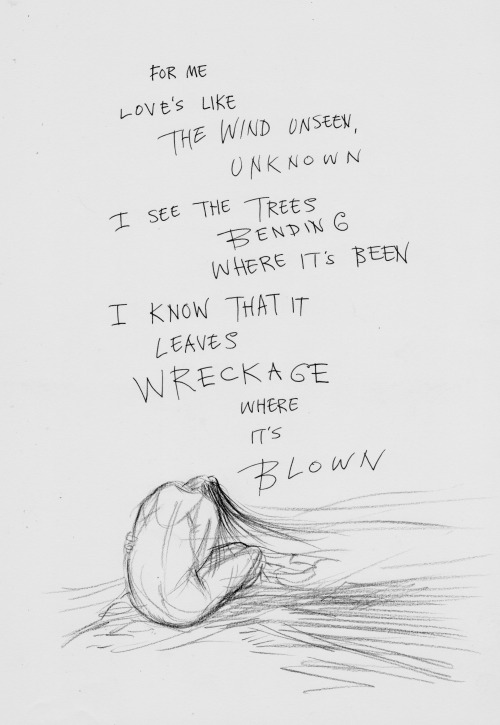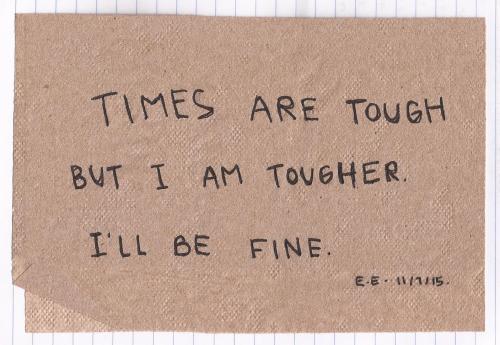Finally! Something Was Made What Is A Critical Compound During The Production Of A Quite Special Amino

Finally! Something was made what is a critical compound during the production of a quite special amino acid.
The fun part with this was, that I tried nearly 20 methods to obtain this compound, and all of them failed. At last I tried a Chinese recipe what said that the product will be something that could be easily converted to my molecule, but instead of that compound I got the compound what I need out from the reaction. Better news: 90% isolated yield!
More Posts from Secretagentpeptidebond and Others



In ‘Wild Design,’ Vintage Illustrations Expose the Patterns and Shapes Behind All Life on Earth
@ultrainfinitequest
In his classic tale Journey to the Center of the Earth, author Jules Verne dreamed of reaching the center of our planet through volcanic tubes. In the 1960s, scientists took up that challenge and tried to drill down into the earth’s mantle, but abandoned the project due to a lack of funding. Now, a team of scientists aboard the research vessel JOIDES Resolution is working to bore a hole deep into the Atlantis Bank in the Indian Ocean to collect samples of the crust and eventually break through into the mantle. Geologist Henry Dick, co-chief scientist of the expedition, joins Ira for an update on the progress of the project and explains what these samples could reveal about the formation of the planet.
On the care and keeping of your scientist
Congratulations on adopting a scientist! Regardless of their field they will require much coffee, free food, and love. Here are some field specific tips for keeping your scientist happy and healthy!
Biology: make sure they don't get overly invested in their model organism by reminding them about the flaws inherent in their system on a regular basis, but also make sure to join in when they criticize other models in favor of their own
Chemistry: don't let them do that 'just one more reaction' at 10 pm. make sure they get out of the lab and see the sun on a regular basis. try to keep them from partying too hard when they do leave the lab
Geology: humor their rock puns but don't let the lick the rocks (they will tell you they need to lick the rocks to identify them, but don't fall for it)
Astronomy: try not to let them become completely nocturnal. point out nice stars to them and look suitably impressed by their "pictures" of planets that don't look like anything to you
Physics: take them to the park on a regular basis to remind them that things larger than subatomic particles exist. bring a frisbee or a ball to play catch with and be impressed by their ability to calculate trajectories
Math: always make sure to have free batteries for their calculators and a mathmatica user guide on hand. Humor them when they tell you why space without angles is important
Ecology: make sure they remember to wear sunscreen and keep an eye on them in the field. Remind them to come inside and analyze their data occasionally
Psychology: don't mention Freud or ever call them a soft or social science, but make sure you gently remind them that social factors can impact reproducibility and try to keep them from drawing sweeping conclusions about the inherent nature of humanity
Neuroscience: be suitably impressed by their newest experiment and then remind them that people are not mice as often as possible
Computer Science: make sure they take breaks while debugging by limiting their supply of coffee. Nod and smile when they go off on indexing and arrays. Make sure they always have a rubber duck.
Make sure to keep your scientist away from engineers unless they have been properly socialized to interact in a translational household. The most important thing is to remember to hug your scientist on a regular basis and remind them that there is life outside the lab







Dark Sonnet by Neil Gaiman.
-
 quickviewp-blog liked this · 5 years ago
quickviewp-blog liked this · 5 years ago -
 yourmindslikeadiamond liked this · 7 years ago
yourmindslikeadiamond liked this · 7 years ago -
 limarioa-blog liked this · 8 years ago
limarioa-blog liked this · 8 years ago -
 acid-mcs reblogged this · 8 years ago
acid-mcs reblogged this · 8 years ago -
 iamtheaveragesupersaiyan liked this · 9 years ago
iamtheaveragesupersaiyan liked this · 9 years ago -
 magicearl liked this · 9 years ago
magicearl liked this · 9 years ago -
 blackdove13 reblogged this · 9 years ago
blackdove13 reblogged this · 9 years ago -
 cenira liked this · 9 years ago
cenira liked this · 9 years ago -
 swegbunny4lyfez liked this · 9 years ago
swegbunny4lyfez liked this · 9 years ago -
 lennert-hd liked this · 9 years ago
lennert-hd liked this · 9 years ago -
 rustedfogmachine liked this · 9 years ago
rustedfogmachine liked this · 9 years ago -
 oursandra1 reblogged this · 9 years ago
oursandra1 reblogged this · 9 years ago -
 oursandra1 liked this · 9 years ago
oursandra1 liked this · 9 years ago -
 sericeainvertidarosatae reblogged this · 9 years ago
sericeainvertidarosatae reblogged this · 9 years ago -
 coolcactaceae reblogged this · 9 years ago
coolcactaceae reblogged this · 9 years ago -
 nocturnaldad liked this · 9 years ago
nocturnaldad liked this · 9 years ago -
 ms-islina-lavigne-blog liked this · 9 years ago
ms-islina-lavigne-blog liked this · 9 years ago -
 wprianne liked this · 9 years ago
wprianne liked this · 9 years ago -
 waterfalllsnsecrets-blog liked this · 9 years ago
waterfalllsnsecrets-blog liked this · 9 years ago -
 secretagentpeptidebond reblogged this · 9 years ago
secretagentpeptidebond reblogged this · 9 years ago -
 nwbwr reblogged this · 9 years ago
nwbwr reblogged this · 9 years ago -
 themoeghost-blog liked this · 9 years ago
themoeghost-blog liked this · 9 years ago -
 neonburningg-blog reblogged this · 9 years ago
neonburningg-blog reblogged this · 9 years ago -
 saladdressinggown liked this · 9 years ago
saladdressinggown liked this · 9 years ago -
 scienceismyaesthetic reblogged this · 9 years ago
scienceismyaesthetic reblogged this · 9 years ago -
 bi-bomb1-blog liked this · 9 years ago
bi-bomb1-blog liked this · 9 years ago -
 tia6mat-blog liked this · 9 years ago
tia6mat-blog liked this · 9 years ago -
 gluehzauber liked this · 9 years ago
gluehzauber liked this · 9 years ago -
 jacoblapaugh-blog liked this · 9 years ago
jacoblapaugh-blog liked this · 9 years ago -
 geeceee-blog1 liked this · 9 years ago
geeceee-blog1 liked this · 9 years ago -
 nish-karki03-blog liked this · 9 years ago
nish-karki03-blog liked this · 9 years ago -
 entre-los-que-quieran reblogged this · 9 years ago
entre-los-que-quieran reblogged this · 9 years ago -
 entre-los-que-quieran liked this · 9 years ago
entre-los-que-quieran liked this · 9 years ago -
 chelse-22 liked this · 9 years ago
chelse-22 liked this · 9 years ago -
 autumnsageh liked this · 9 years ago
autumnsageh liked this · 9 years ago -
 221bumsex liked this · 9 years ago
221bumsex liked this · 9 years ago -
 theoryoftherelativityisprov-blog reblogged this · 9 years ago
theoryoftherelativityisprov-blog reblogged this · 9 years ago -
 dontstealmycake liked this · 9 years ago
dontstealmycake liked this · 9 years ago -
 charlatan liked this · 9 years ago
charlatan liked this · 9 years ago -
 ndly17 liked this · 9 years ago
ndly17 liked this · 9 years ago -
 ununoctium0720 liked this · 9 years ago
ununoctium0720 liked this · 9 years ago







